Optimal Timing for Fire Restorations
Determining the optimal time for fire restorations depends on several factors, including weather conditions, property usage, and fire seasonality. Typically, fire restorations are most effectively performed during periods of mild weather, when external conditions are less likely to hinder restoration efforts. In regions like Mckinney, TX, the late spring and early fall often provide suitable conditions for such work.
Restorations are best scheduled during dry, moderate weather to ensure safety and efficiency. Avoiding peak summer heat or winter cold can improve outcomes.
Weather patterns, humidity levels, and wind conditions influence the timing and success of fire restoration projects.
Restorations should be planned when the property is less occupied to facilitate access and minimize disruptions.
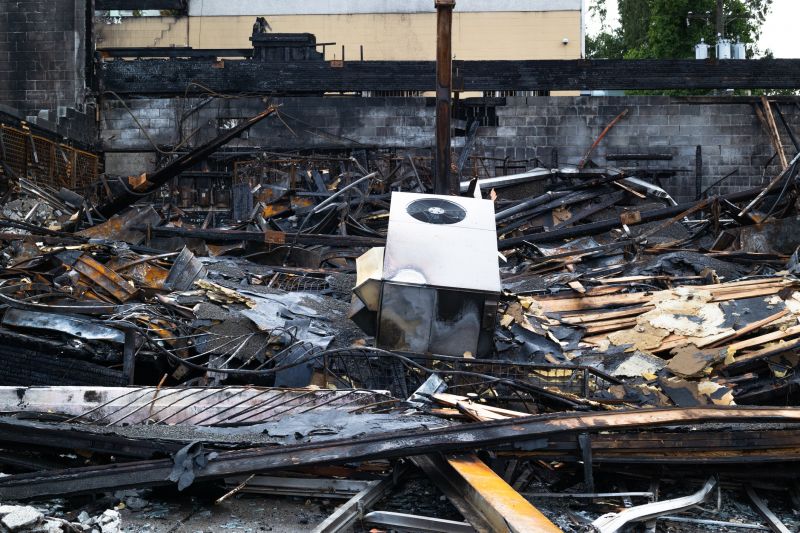
Initial evaluation of fire-affected structures to determine scope and necessary restoration steps.
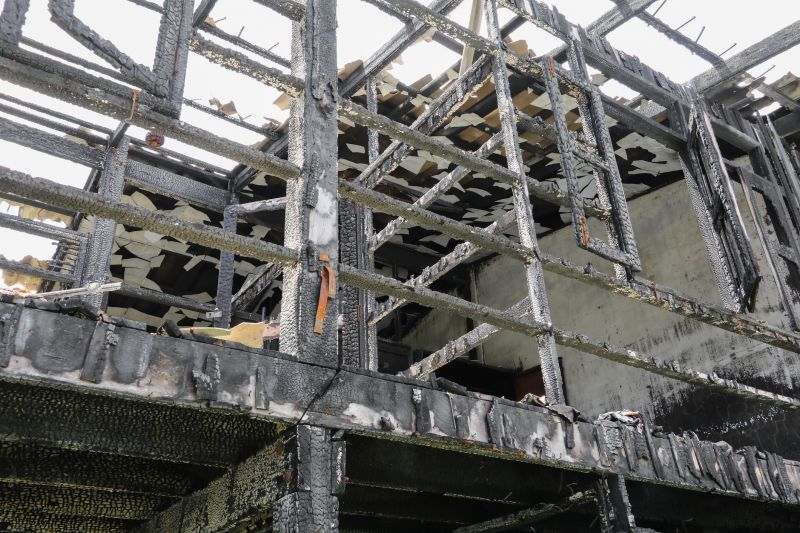
Securing compromised structures to prevent further damage and ensure safety during restoration.
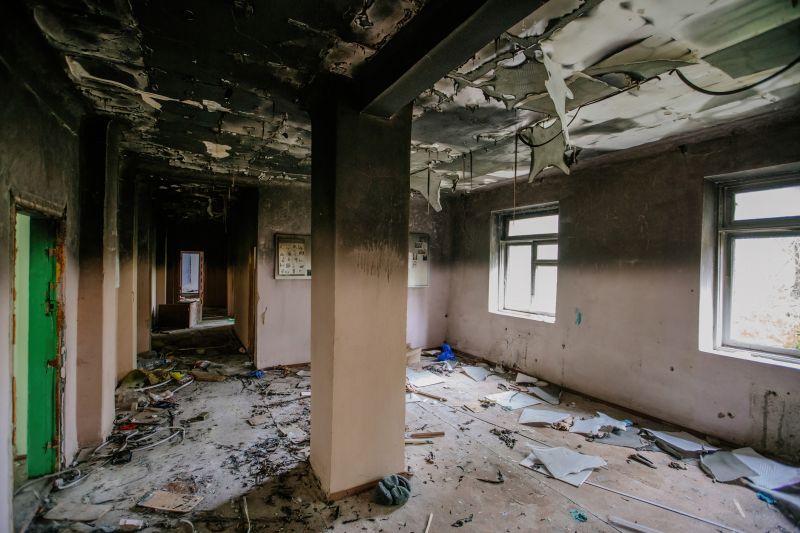
Cleaning and decontamination to restore air quality and surface integrity after fire incidents.
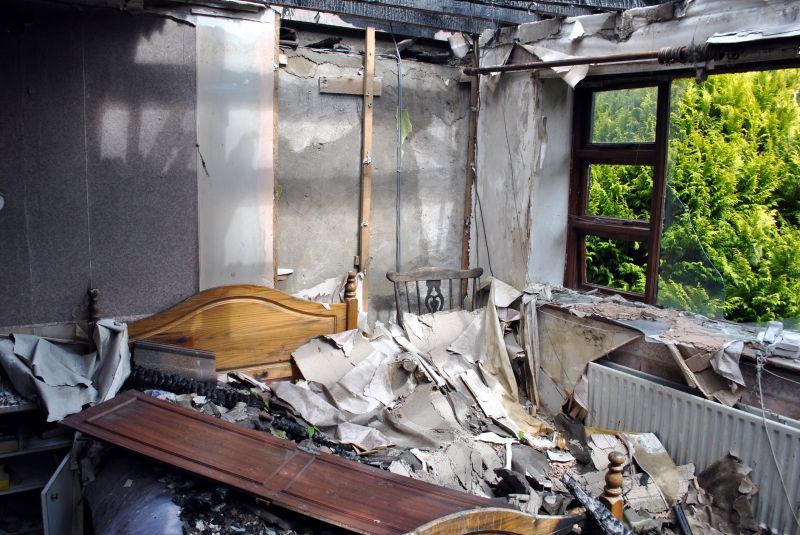
Ways to make Fire Restorations work in tight or awkward layouts.
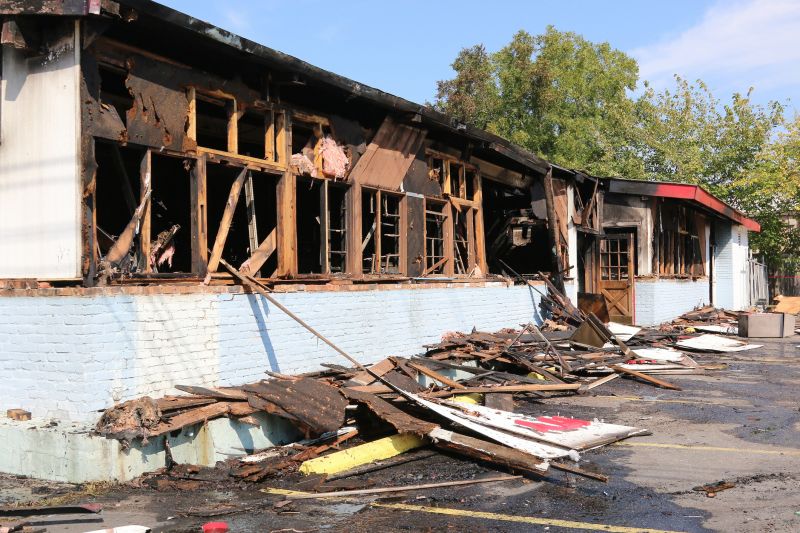
Popular materials for Fire Restorations and why they hold up over time.
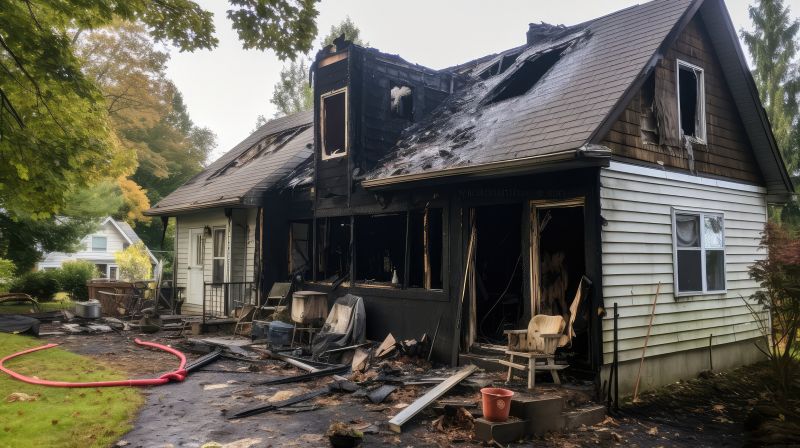
Simple add-ons that improve Fire Restorations without blowing the budget.
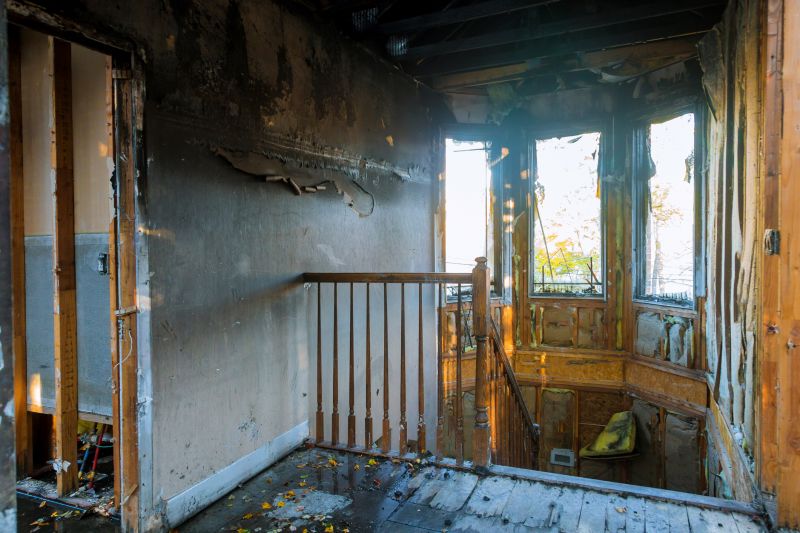
High-end options that actually feel worth it for Fire Restorations.
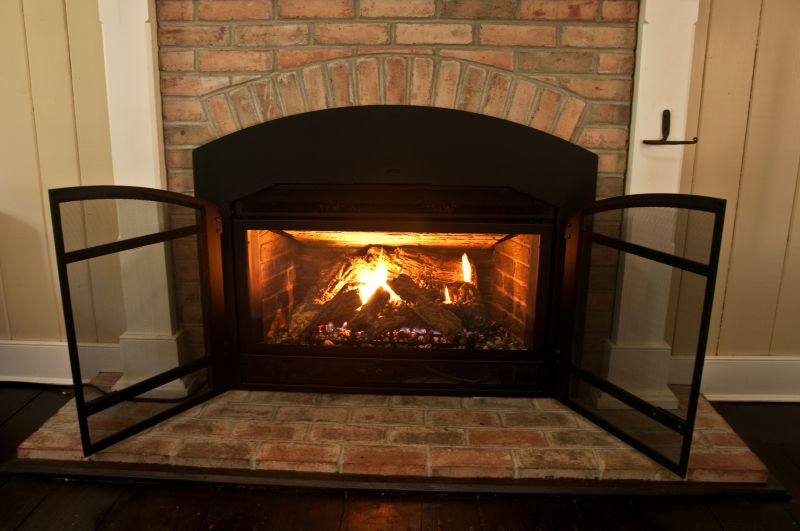
Finishes and colors that play nicely with Fire Restorations.
Fire restorations involve a comprehensive process of assessing damage, cleaning, repairing, and restoring properties affected by fire incidents. The process can vary depending on the severity of the fire, the materials involved, and the extent of smoke and soot contamination. Proper timing ensures that restoration efforts are efficient, cost-effective, and minimize further damage.
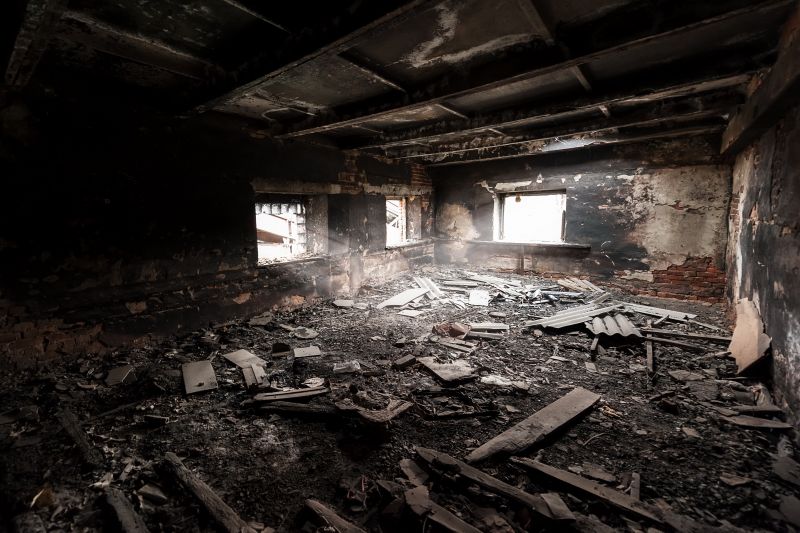
Specialized techniques remove smoke residues from surfaces and HVAC systems.
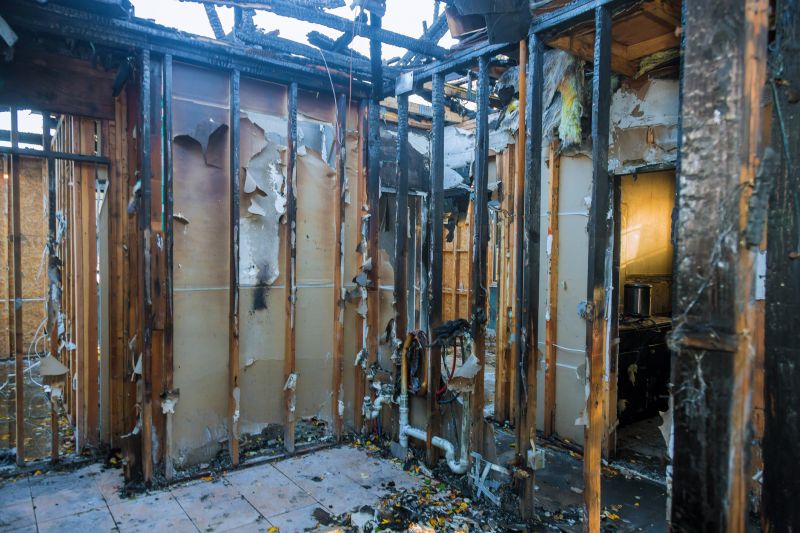
Restoring walls, roofs, and foundations damaged by fire.
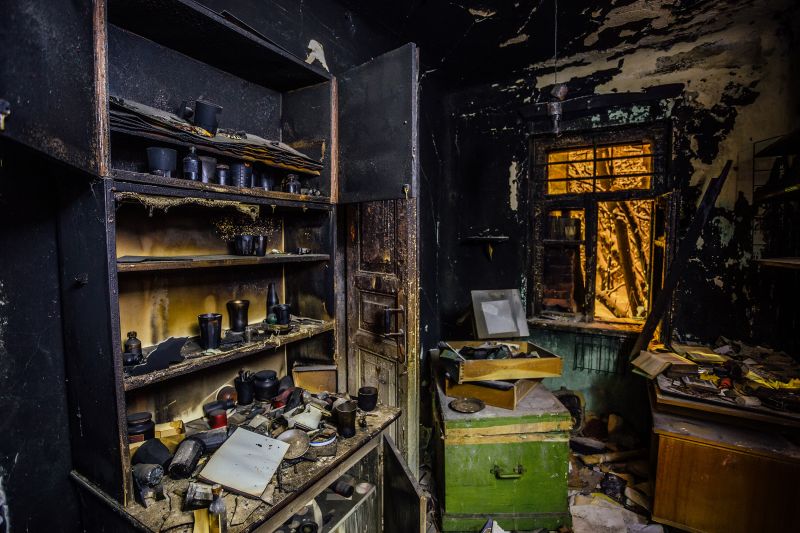
Advanced methods eliminate persistent smoke odors from indoor environments.
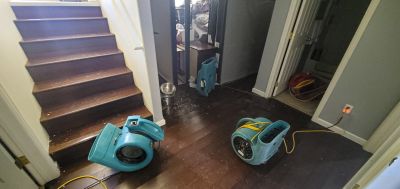
Utilizes state-of-the-art tools for efficient and thorough repairs.
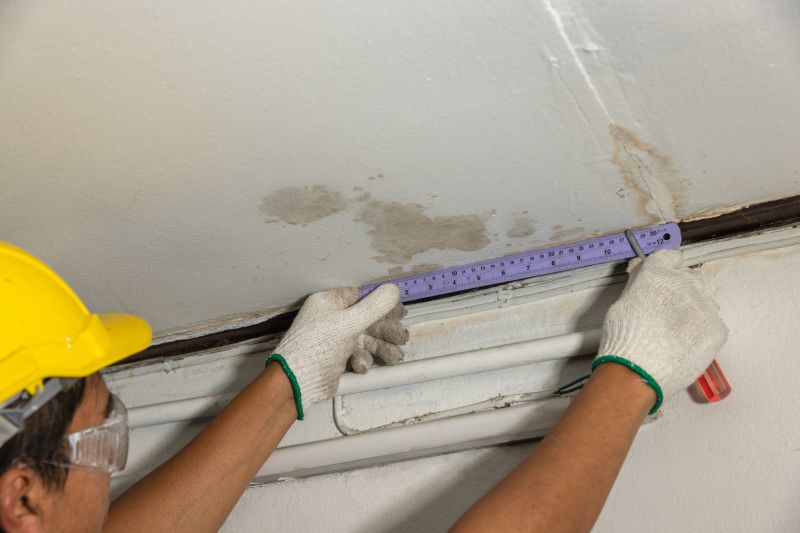
Little measurements that prevent headaches on Fire Restorations day.
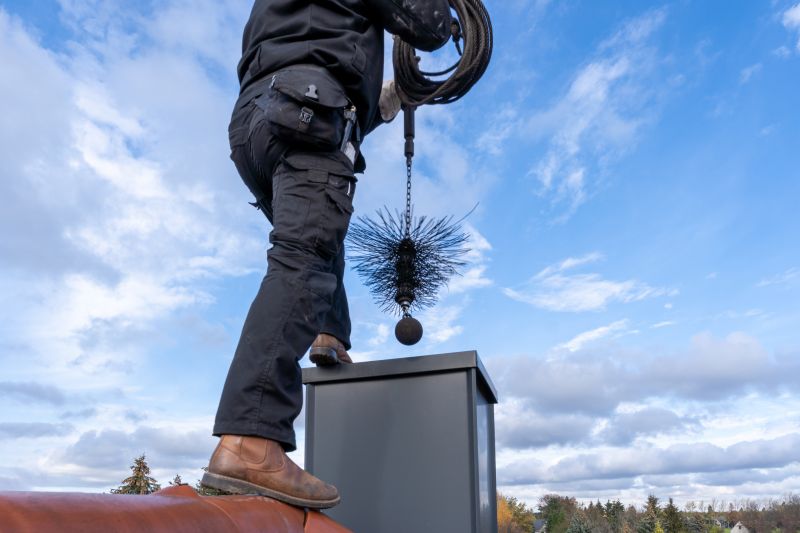
A 60-second routine that keeps Fire Restorations looking new.
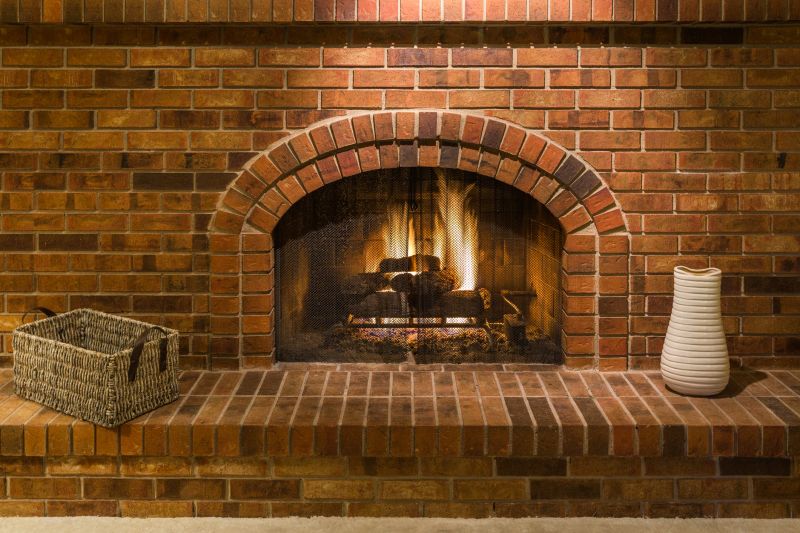
A frequent mistake in Fire Restorations and how to dodge it.

Small tweaks to make Fire Restorations safer and easier to use.
| Factor | Impact on Restoration Timing |
|---|---|
| Weather Conditions | Mild, dry weather facilitates safer and faster work. |
| Fire Severity | More extensive fires require longer, more involved restoration. |
| Property Occupancy | Vacant properties allow easier access and less disruption. |
| Seasonality | Spring and fall often provide optimal conditions. |
| Response Speed | Quick action reduces overall damage and costs. |
| Environmental Humidity | Lower humidity levels help prevent mold growth during restoration. |
Understanding the ideal timing for fire restorations can significantly influence the effectiveness and efficiency of the process. Proper planning based on weather, fire severity, and property conditions ensures that restoration efforts are carried out under optimal circumstances, reducing risks and improving outcomes.
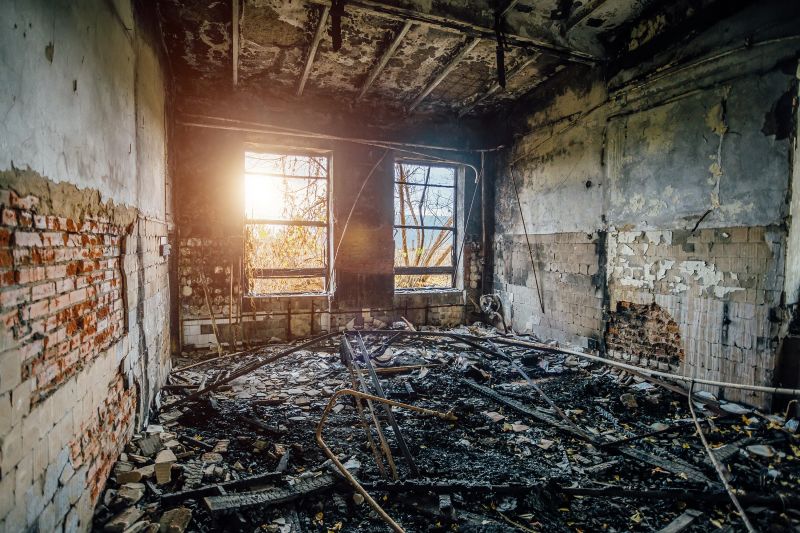
Restoration specialists work to restore structural integrity after fire damage.
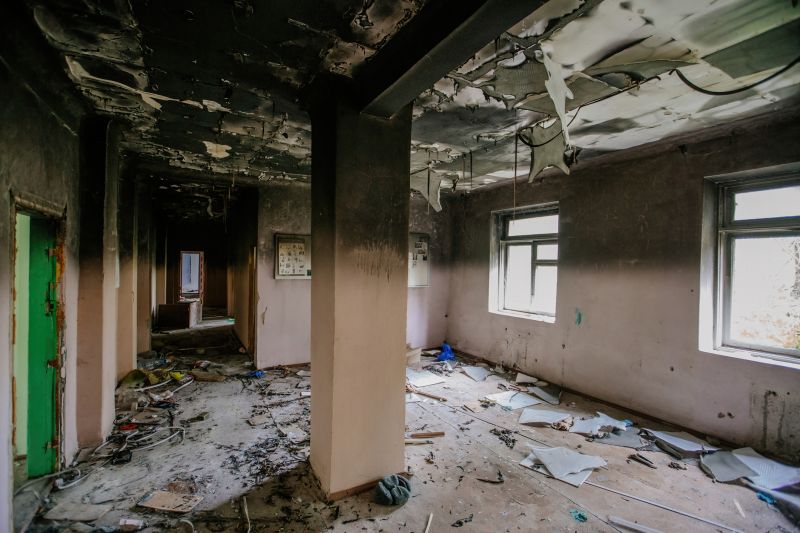
Techniques to eliminate lingering smoke odors for a healthier indoor environment.
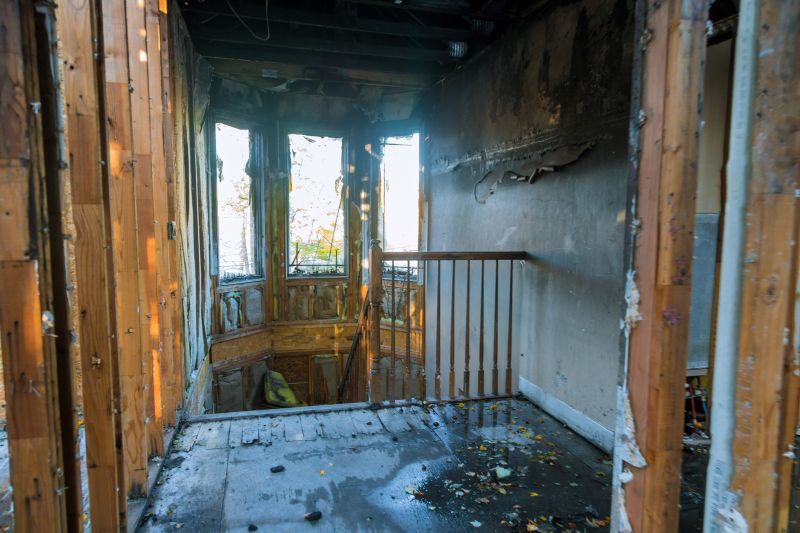
Thorough assessments to ensure all damage has been addressed before project completion.
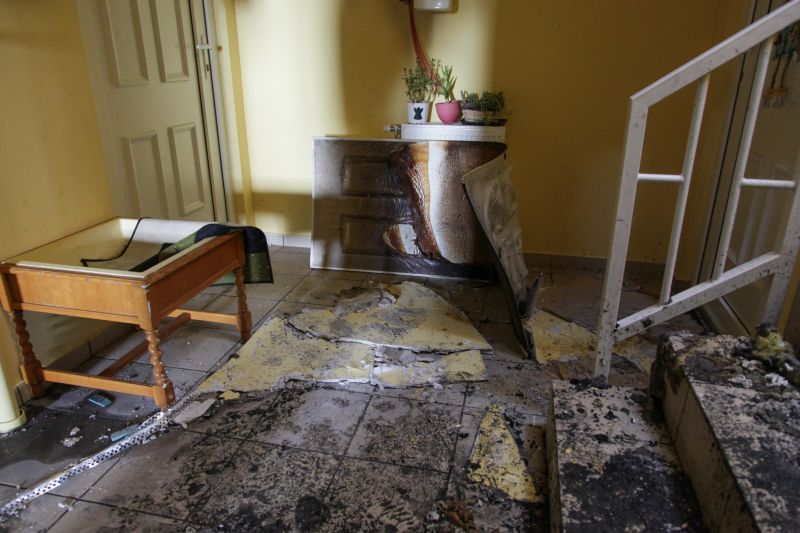
Lower-waste or water-saving choices for Fire Restorations.
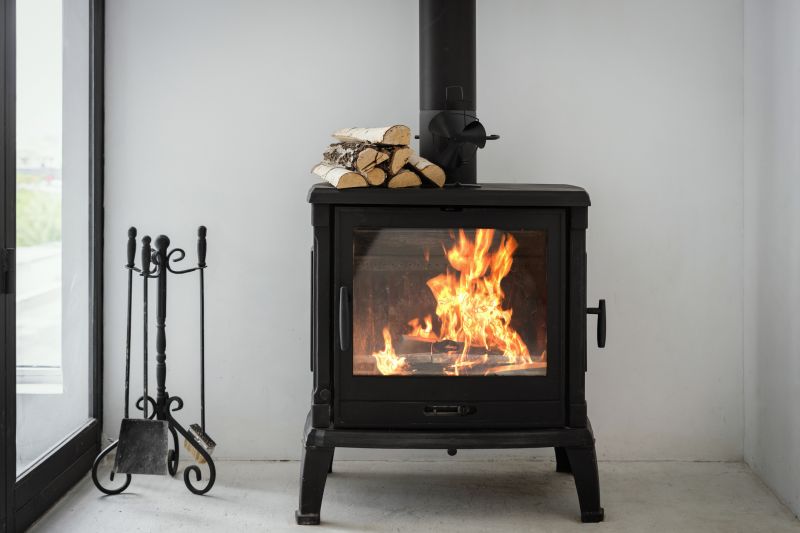
The short, realistic tool list for quality Fire Restorations.
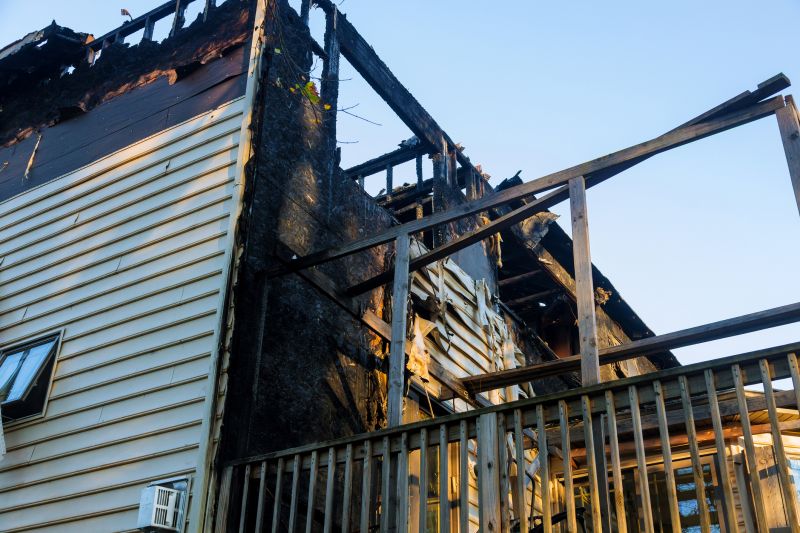
Rough timing from prep to clean-up for Fire Restorations.
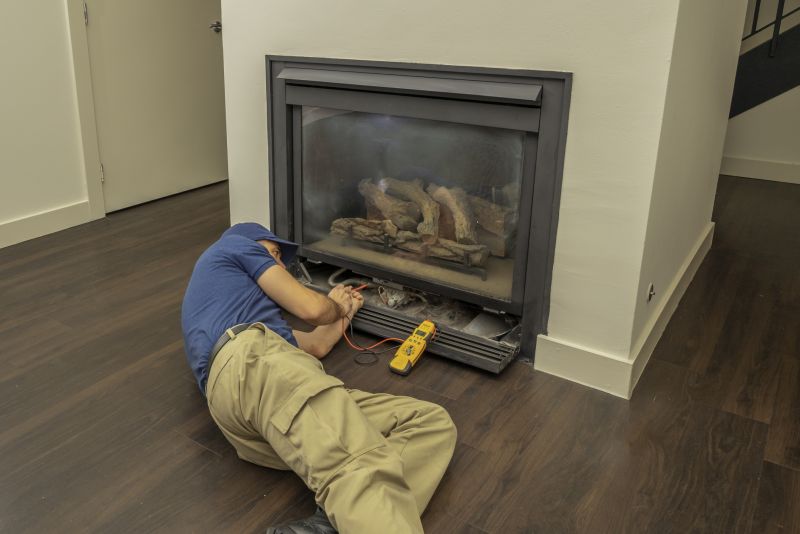
Quick checks and paperwork to keep after Fire Restorations.
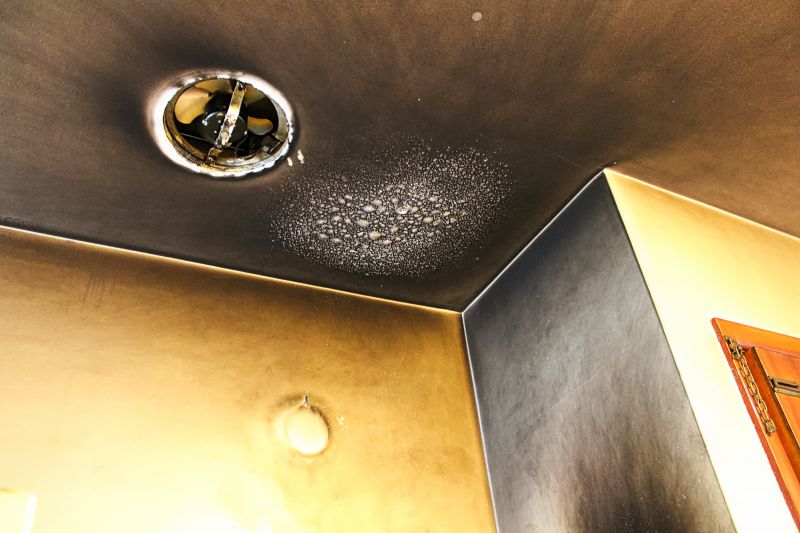
Examples that show the impact a good Fire Restorations can make.
Interested property owners or managers in Mckinney, TX, are encouraged to contact for more information about fire restoration services. Prompt action and proper timing can help mitigate damage and facilitate efficient repairs.
